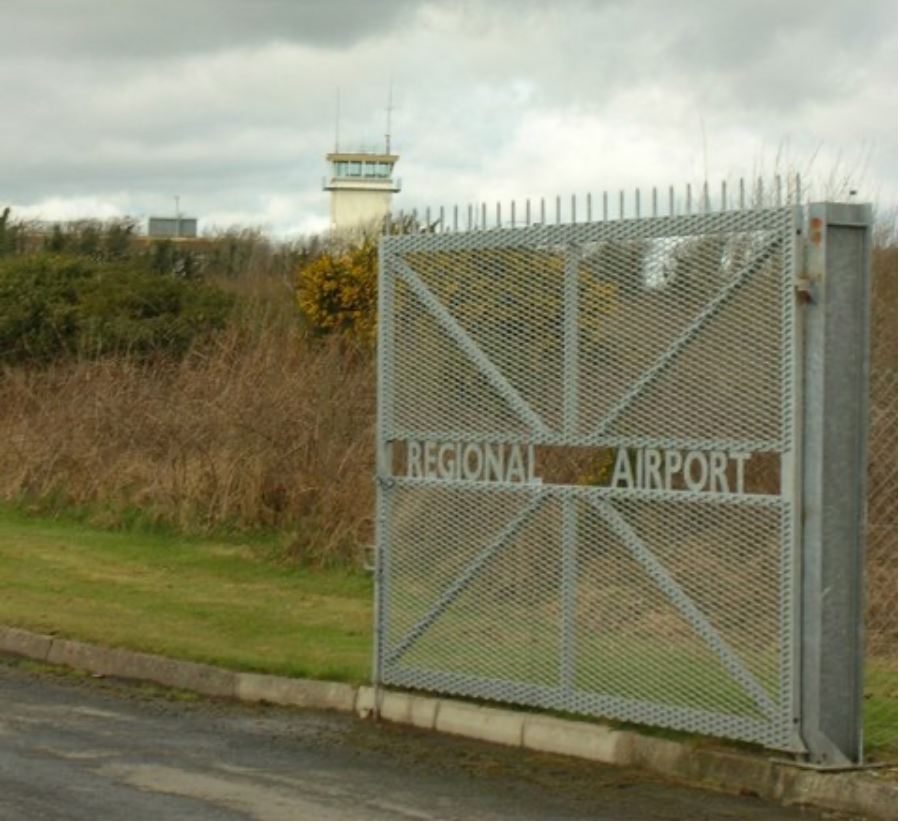Guest Blog: Diversity Doesn’t Mean Underqualified
DEI doesn’t dilute the talent pool, it expands it.

Ed. Note: The following was posted by Robin Hadfield, the International President of the Ninety-Nines Inc., the world's longest standing female pilot advocacy group.
Recently right wing commentator and media personality Candace Owens stirred controversy with uninformed comments regarding diversity hiring (DEI) and the suitability of women for pilot roles. The lack of any facts or research into the topic is evident in her skepticism toward DEI initiatives and the qualifications of female pilots.
Expressing her hesitation to board a plane flown by a female pilot, she suggested that appointments might be driven solely by DEI goals rather than qualifications, citing the United Airlines CEO's alleged focus on fulfilling quotas. She stated, “I would be terrified if I got onto a plane and saw a woman flying the plane, and I know that we have the United CEO saying that he just wants to fulfill a quota.” She continued, stating how United CEO Scott Kirby is more concerned with the representation of diverse pilots than their qualifications, an issue she believes should “alarm” everyone.
This media personality may not know the stats on women and minorities and their marginalization in aviation. Beyond the accessibility to obtain one’s pilot’s license, white males make up 88.3% of those in the profession. Airlines seeking to dismantle this barrier by consciously hiring diverse candidates does not equate to a lower threshold for their training. Instead, the decision to be more aware of this issue will allow more individuals, regardless of gender or racial background, to be part of the aviation industry at this level.
However, she appears uninformed about the stark statistics related to the underrepresentation of women and minorities in the aviation industry. Statistics indicate that, despite the accessibility of obtaining a pilot's license, women and minorities still represent under 11% worldwide, including countries like India which has the highest participation rate for women at 11-12%. In the U.S. only 4.6% of ATPL holders are women.
Addressing this disparity, the aviation industry's intentional efforts to recruit a more diverse workforce do not compromise training standards. Rather, the heightened awareness seeks to break down barriers, allowing individuals of all genders and racial backgrounds to participate in the aviation industry, and fostering a more inclusive and equitable environment.
She continues to perpetuate outdated stereotypes that portray women as unsuitable for roles as a pilot in aviation or in engineering. Notably, she seems unaware that all pilots, irrespective of nationality or gender, must pass a stringent check ride. The implication that female pilots are hired solely for diversity reasons dismisses the rigorous qualification processes they undergo, including a minimum of 1500 hours of experience.
Airlines prioritize competence, experience, and expertise, ensuring that every candidate, regardless of gender, meets strict standards. Women in these professions have earned their positions through hard work and dedication, challenging the notion of tokenism.
Perhaps Owens should redirect concerns toward the evolution of automated airplanes, as the industry continues to embrace technological advancements. Contrary to her concerns, women have been integral to the aviation industry for the past 100 years, with record-breaking historic accomplishments and contemporary female leaders in aviation and aerospace. Organizations like The Ninety-Nines and others actively promote inclusivity, encouraging the next generation of women to pursue careers in aviation.
The apparent apprehension about female pilots may stem from a lack of awareness regarding their qualifications and capabilities. A deeper understanding of the selection processes, training, and accomplishments of female pilots would dispel unfounded doubts and showcase their competency.
It is imperative to dispel stereotypes and misinformation surrounding the roles of females as pilots. By acknowledging the accomplishments of women in these fields and promoting a more accurate narrative, we contribute to a more inclusive and equitable future. Let's celebrate the achievements of female pilots, recognizing their qualifications and dedication to their professions.






